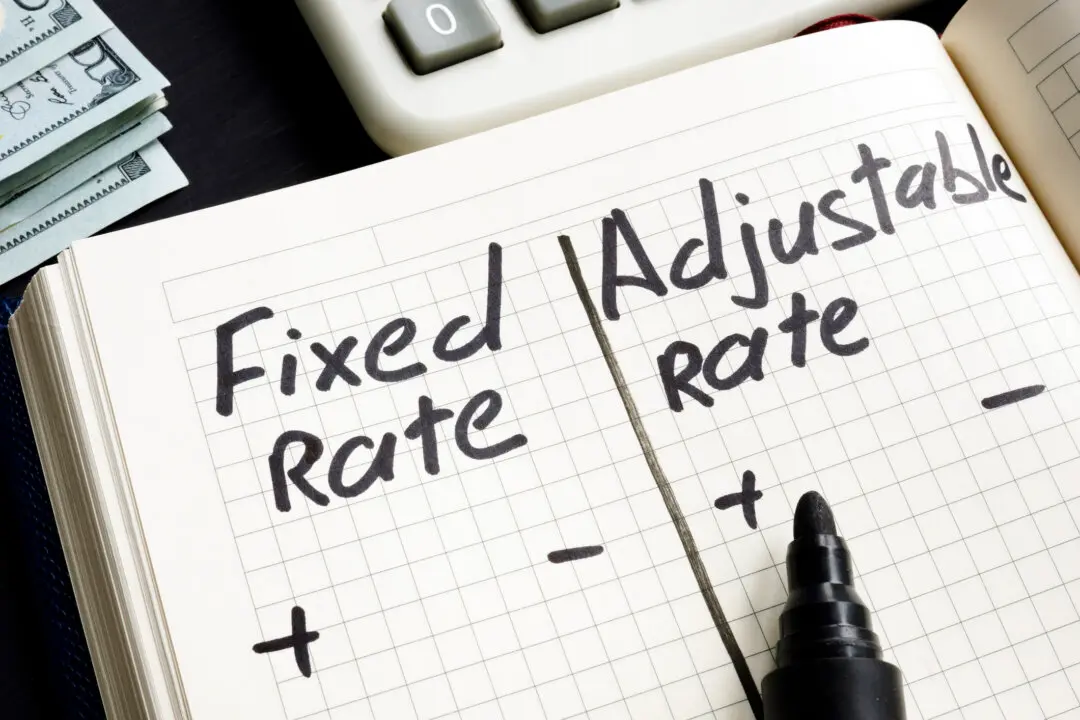By Liz Hund
From Bankrate
Strategies to build your savings during a recession may involve adjusting your savings goals and cutting expenses, while paying down loans and avoiding additional debt. Getting into the habit of saving money takes discipline and can be challenging even during non-recessionary times.






